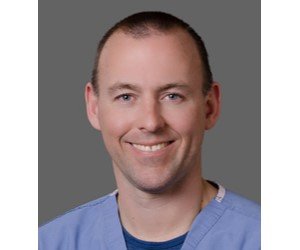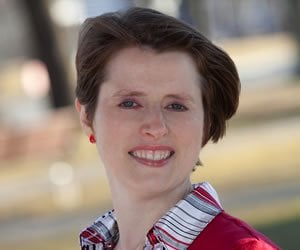Dr. Knut Schroeder is a practicing GP in Bristol, UK; a freelance medical author, and founder and director of Expert Self Care Ltd, a social enterprise which freely provides healthcare information via mobile apps. The company’s mission is to empower people to look after their own health and to know when to seek help. The ‘ESC Student’ app, which went live in June 2016, has been recommended by the Higher Education Policy Institute for use at all higher educational institutions.
Q&A with Dr. Farrah Fong, Family Medicine
Dr. Farrah Fong is a third year family medicine resident at Rutger’s/Robert Wood Johnson Medical … Read more













